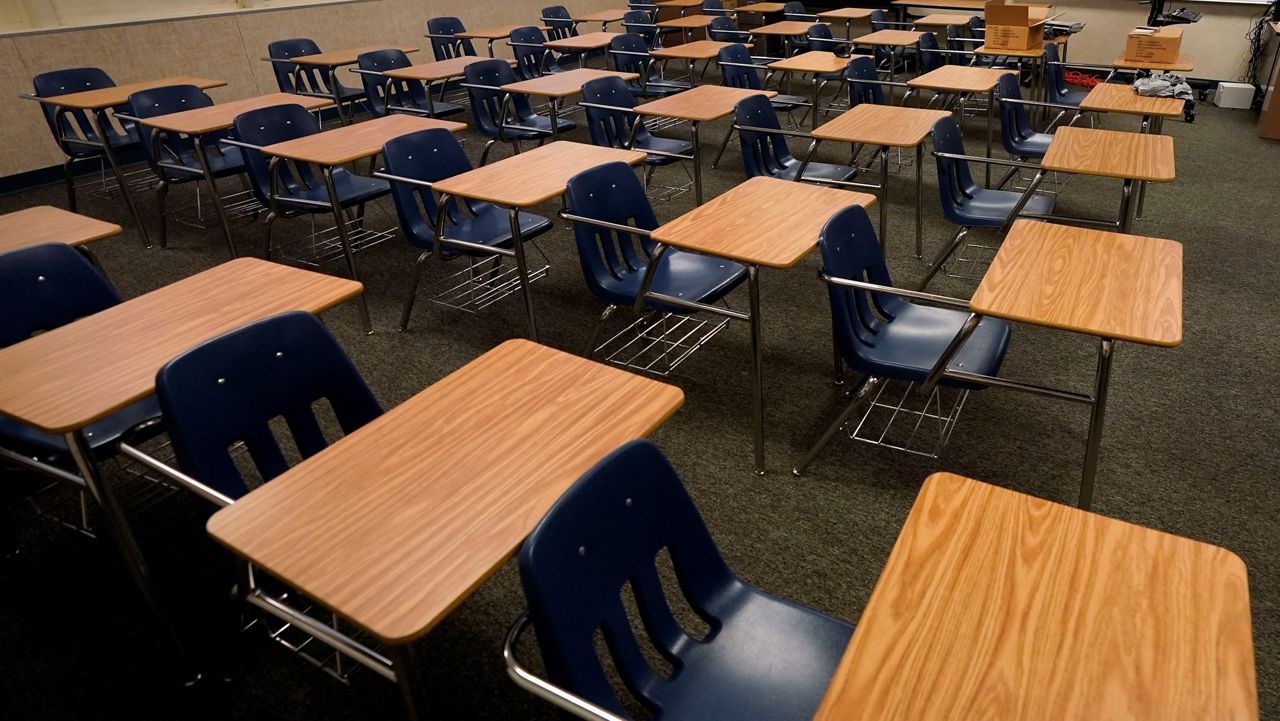Money should be set aside in the state budget to review how money for schools is distributed to districts around New York and potentially explore ways of changing it, education organizations said Monday.
The groups, which include advocacy organizations like the Alliance for Quality Education and administrative representatives like Association of School Business Officials of New York and NYS Council of School Superintendents and the umbrella labor union New York State United Teachers, are backing a call from the Board of Regents to spend $1 million to research issue.
At issue is what's known as the foundation aid formula and how schools across New York benefit from it. Broadly, schools are funded with a mix of property tax revenue and state aid.
But education groups have long decried the system over concerns that it benefits already wealthy districts with a deeper tax base than lower-income areas of the state.
"In the 16 years since the Foundation Aid Formula was enacted, New York State curriculum standards have evolved; the student population has changed; and other changes impacting resources have occurred," the groups wrote in a letter to the top Democrats in the state Senate and Assembly. "But the base costs and weights in the Formula have not been revised to reflect this."
The letter comes as Gov. Kathy Hochul's $227 billion spending proposal backs a steep rise in direct aid to schools at levels education advocactes have long sought. Hochul did not include funding for the foundation aid review, however.
The education groups, meanwhile, also want to go further than a simple review and are backing an update to how the money is allocated.
"This input is vital so that the Formula is revised in a manner that reflects the most up-to-date methodology and the values and needs of communities across New York state," the groups wrote. "Updating the formula is imperative in order to keep pace with the current cost of education, so that every student in New York state is afforded the opportunity for a sound basic education."
The Board of Regents at the State Education Department previously proposed contracting with education researchers to review how the formula works. It's a potentially nettlesome political prospect for schools and lawmakers to take aim at the funding formula and the potential fallout for some schools as a result.
The state budget is due April 1.


